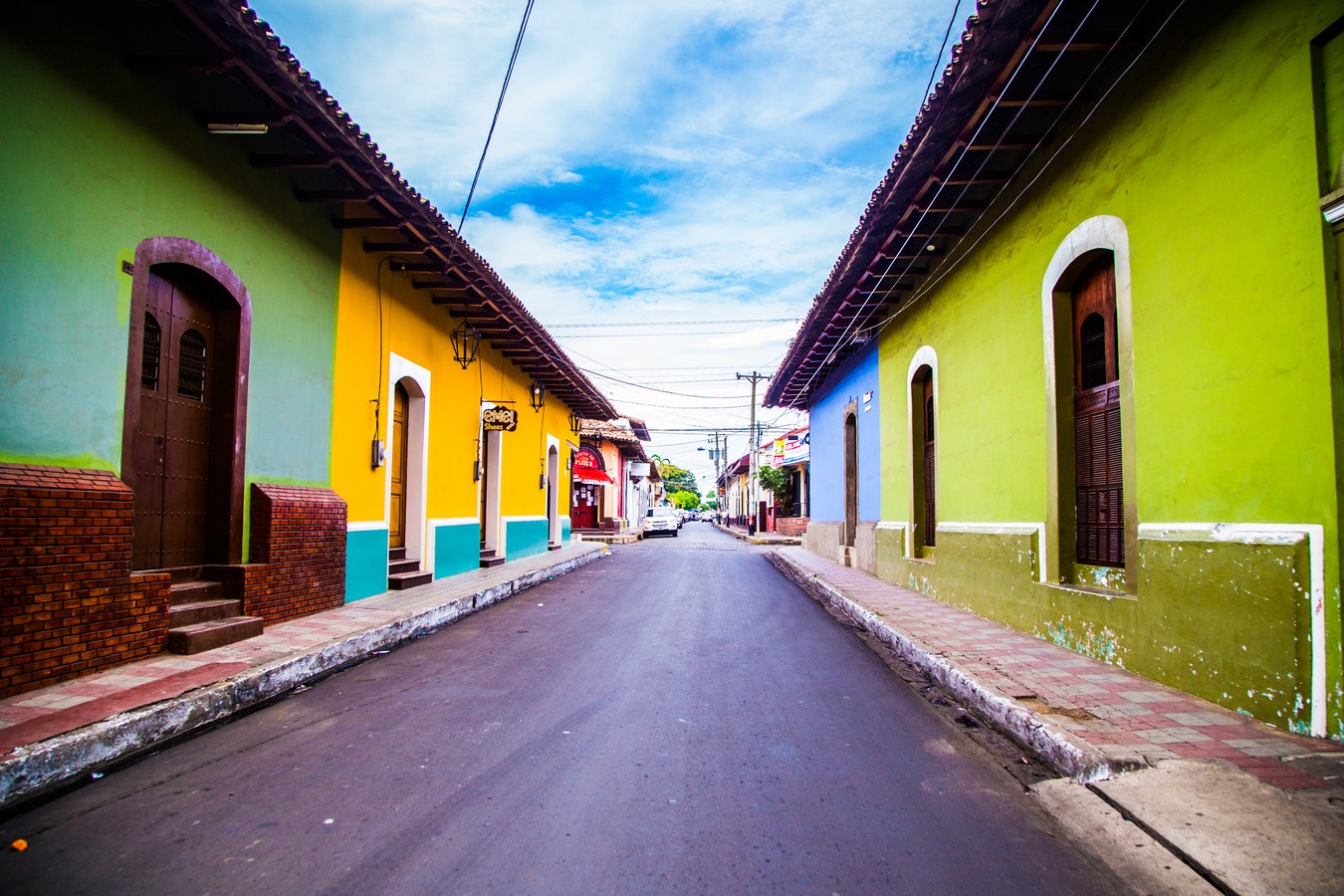
By Bob Lupton
Any business venture involves risk. Doing economic development among the poor is an even higher risk. We knew that going into Nicaragua – the second poorest country in the western hemisphere. What we did not (could not) accurately calculate was the risk of violent political upheaval.
When we made the decision a dozen years ago to partner with some committed Nicaraguans to attempt an innovative community economic development strategy, their government seemed reasonably stable. The country was war- weary from decades of revolutionary conflict. No matter that their elected president had personal ambitions – so long as the guns remained silent, the roads were getting paved, and store shelves were stocked. There was finally peace in the land. Now the war-ravaged economy could begin to grow once again.
And so it did. Our modest contribution to the recovering economy included: a food processing plant to enable farmers to get their crops to market, a hotel to stimulate tourism, and an entrepreneurial technical school to prepare a young generation of Nicaraguans for productive leadership in their communities. It was challenging but rewarding work. Our investments were yielding new prosperity for over a thousand farmers, international guests were coming to our hotel, and 300 eager students were preparing to enter the workforce or advance to college. All seemed to be going quite well. But then April 18, 2018 broke.
President Daniel Ortega made the unwise decision to raise taxes and cut seniors social security benefits. It was the final straw. The people had tolerated enough of his self-serving leadership. The country erupted. Long silent citizens poured into the streets by the hundreds of thousands calling for Ortega’s resignation. They were met by live gunfire. More than 300 died and thousands more were wounded or went missing. Blockades spontaneously appeared on virtually every road in the country, bringing traffic and the economy to an abrupt halt. Banks closed. Foreign investors withdrew. The US state department ordered the evacuation of embassy staff and warned Americans not to travel to Nicaragua. The impact sent shockwaves everywhere, including the 43 communities in the southern region where we were focused. A barricade manned by protestors appeared outside our processing plant, cutting off the flow of produce from farmers. Our school immediately closed to insure the safety of the children and faculty. Hotel reservations were cancelled as the airlines cancelled flights and the tourist business evaporated.
Economic development among the poor is indeed a high risk venture. As our Opportunity Nicaragua board convened to consider our course of action, we were prepared to shift our energies and resources from development to emergency assistance. But as the meeting progressed an entirely different tone emerged. We learned that in the midst of the crisis, our indigenous staff had rallied, not run. The school faculty had immediately set up a cloud-based network of communication so that students could continue their studies online in their villages. The processing plant employees found creative ways to circumvent the blockades so that production could continue. Our farmers continued planting their crops in spite of the shortage of agriculture loans and technical assistance. The hotel staff shifted from guest services to maintenance upgrades and improved the training curriculum in anticipation of a revived tourism market. Our team was tightening their belts, skirting the violence, sharing resources, and becoming remarkably resourceful. They were clearly putting into practice the entrepreneurial spirit they had been teaching.
Though the country remains in political chaos with no clear resolution in sight, there is a surprising amount of courage and commitment – even optimism – among our Nicaraguan staff. The crisis has ignited creativity that no one could have predicted. Staff are envisioning an online learning system that could enable the school to dramatically (and affordably) expand the curriculum to a much broader student population, even college courses and adult learning well beyond our campus. Local crop production can be redirected to address local food needs and also sustain an agricultural economy when international corporations have shuttered their plants. The hotel can serve as a venue for weddings, business meetings, and other local events even though the international tourism market may take considerable time to recover. In the face of severe crisis and insecurity, the resiliency of this dedicated team is both inspired and inspiring.
Community economic development may be a high risk venture. But we are discovering that risk can be significantly mitigated, even in the midst of political turmoil, when relationships are strong, commitment is high, and an entrepreneurial spirit is alive. Our board adjourned with renewed enthusiasm to continue investing in the development of our Nicaraguan sisters and brothers, inspired by their faith and steadfast hope, even as they endure the uncertainties of a government in disarray.












